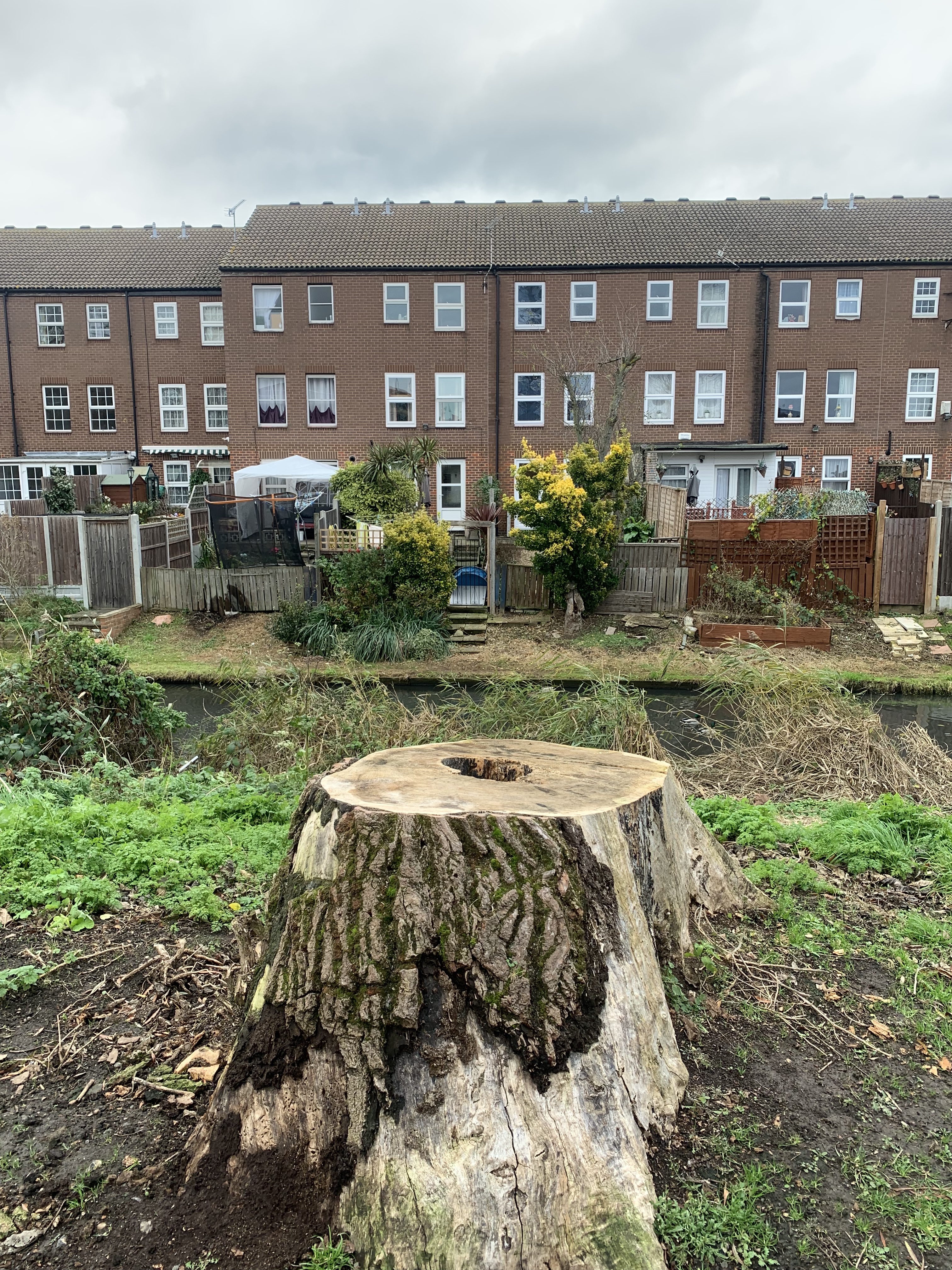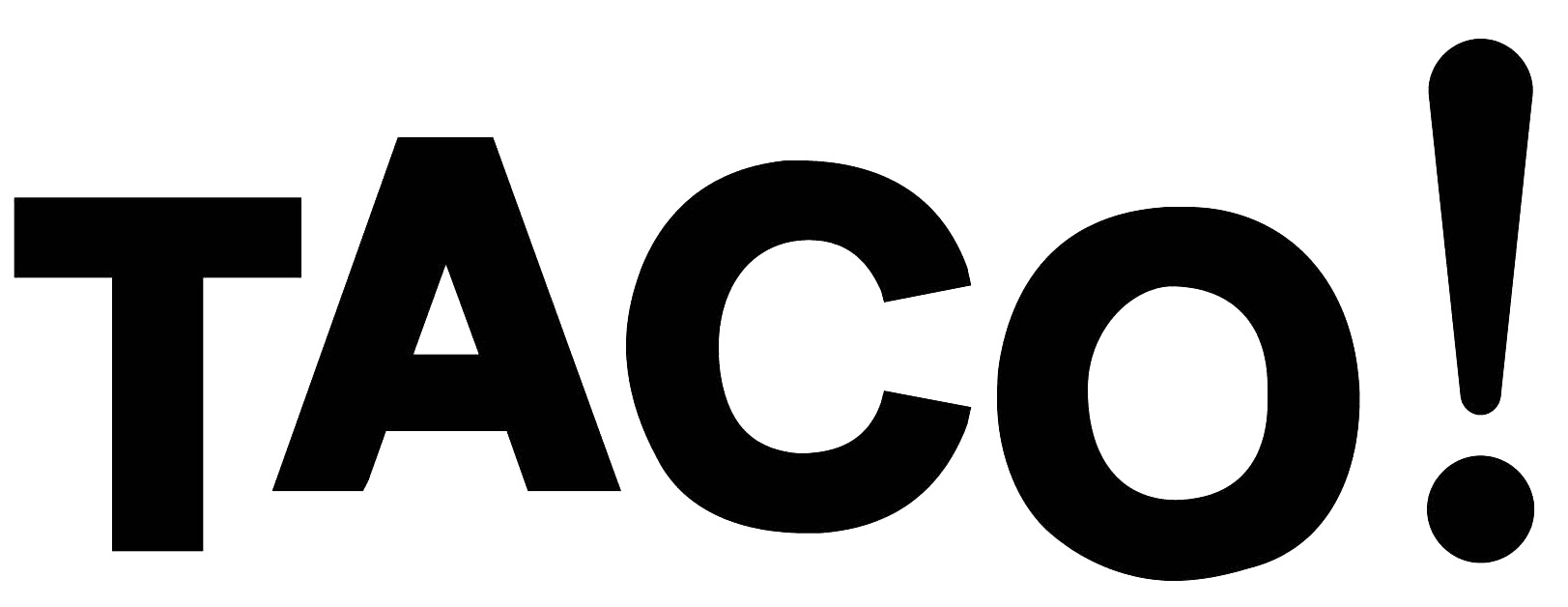TREE TIME ︎ THE ALTERNATIVE SCHOOL OF ECONOMICS ︎

Trees hold within them particular
modes of time - deep time, future time, their own lifecycles, evidence of
environmental and climate changes recorded in earth years, and through human interaction
with them, the multigenerational lives of people.
Tree Time is a TACO! commissioned artist research project by the Alternative School of Economics. It looks at the specific relationship trees have with expansive notions of time as a useful tool for thinking about and re-understanding human relationships with the natural environment, ecological complexity, and imagining the future.
The project looks at the value ascribed to both trees in the context of an urgent climate crisis; the role of financial capitalism, green economies and neoliberal life in contributing to or mitigating climate change. It will also uses scientific analysis of a particular tree/s as a way to investigate the local ecosystem it supports.
The Alternative School of Economics are undertaking activity around Thamesmead including walks and talks that engage local people in a conversation about ecology and place. Outcomes from this learning together will be shared to a wider public through events, radio broadcasts and publications.
The Tree Time project is predicated on the possibility of practical physical change undertaken locally by local people. By learning together we might catalyse change in our relationship to the environment and the wider global climate crisis. The project also sets out to explore the psychological challenge that the magnitude of the reality of climate change presents.
Tree Time is a TACO! commissioned artist research project by the Alternative School of Economics. It looks at the specific relationship trees have with expansive notions of time as a useful tool for thinking about and re-understanding human relationships with the natural environment, ecological complexity, and imagining the future.
The project looks at the value ascribed to both trees in the context of an urgent climate crisis; the role of financial capitalism, green economies and neoliberal life in contributing to or mitigating climate change. It will also uses scientific analysis of a particular tree/s as a way to investigate the local ecosystem it supports.
The Alternative School of Economics are undertaking activity around Thamesmead including walks and talks that engage local people in a conversation about ecology and place. Outcomes from this learning together will be shared to a wider public through events, radio broadcasts and publications.
The Tree Time project is predicated on the possibility of practical physical change undertaken locally by local people. By learning together we might catalyse change in our relationship to the environment and the wider global climate crisis. The project also sets out to explore the psychological challenge that the magnitude of the reality of climate change presents.
Research will connect with
people and community groups involved in regeneration
of public green space, and invited scientific experts, local ecologists,
climate activists, and others to collaborate in
the learning process.
Tree Time draws on the specific urban context of Thamesmead and its history as London’s ‘new town’. Thamesmead’s brutalist architecture and social housing incorporates modernist principals in its design - including the ‘civilized subject’ and a particular relationship with the natural environment - such as waterways, parks and the separation of cars and pedestrians.
Thamesmead was built in a low-lying former marshland and a climate vulnerable area. 50 years after its founding its is charcterised as an area with an ethnically diverse population, undergoing extensive social and economic change, that is driven by the development of new transport infrastructure and the building of new homes. As the biggest regeneration project in London, and one of the biggest in the UK, it is a place where the future is being thought about and imagined.
The Tree Time project is predicated on the possibility of practical physical change undertaken locally by local people. By learning together we might catalyse change in our relationship to the environment and the wider global climate crisis. The project also sets out to explore the psychological challenge that the magnitude of the reality of climate change presents.
The Alternative School of Economics is a collaboration between artists Ruth Beale and Amy Feneck, formed in 2012. They make art that questions economic doctrine and knowledge hierarchies. Working and collaborating with communities, they explore global political issues in relation to the complexity of lived experience. Using feminist and alternative economics and pedagogies as forms of resistance, they produce film, graphics, photography, texts and clothing, as forms of activation, dissemination and reflection, shared to publics in art and non-art contexts. Recent projects include Artists’ Economies, UKS, Oslo, The End of the Present, Arts Catalyst, London & Sheffield, and True Currency: About Feminist Economics, Gasworks, London.
Tree Time draws on the specific urban context of Thamesmead and its history as London’s ‘new town’. Thamesmead’s brutalist architecture and social housing incorporates modernist principals in its design - including the ‘civilized subject’ and a particular relationship with the natural environment - such as waterways, parks and the separation of cars and pedestrians.
Thamesmead was built in a low-lying former marshland and a climate vulnerable area. 50 years after its founding its is charcterised as an area with an ethnically diverse population, undergoing extensive social and economic change, that is driven by the development of new transport infrastructure and the building of new homes. As the biggest regeneration project in London, and one of the biggest in the UK, it is a place where the future is being thought about and imagined.
The Tree Time project is predicated on the possibility of practical physical change undertaken locally by local people. By learning together we might catalyse change in our relationship to the environment and the wider global climate crisis. The project also sets out to explore the psychological challenge that the magnitude of the reality of climate change presents.
§
The Alternative School of Economics is a collaboration between artists Ruth Beale and Amy Feneck, formed in 2012. They make art that questions economic doctrine and knowledge hierarchies. Working and collaborating with communities, they explore global political issues in relation to the complexity of lived experience. Using feminist and alternative economics and pedagogies as forms of resistance, they produce film, graphics, photography, texts and clothing, as forms of activation, dissemination and reflection, shared to publics in art and non-art contexts. Recent projects include Artists’ Economies, UKS, Oslo, The End of the Present, Arts Catalyst, London & Sheffield, and True Currency: About Feminist Economics, Gasworks, London.
